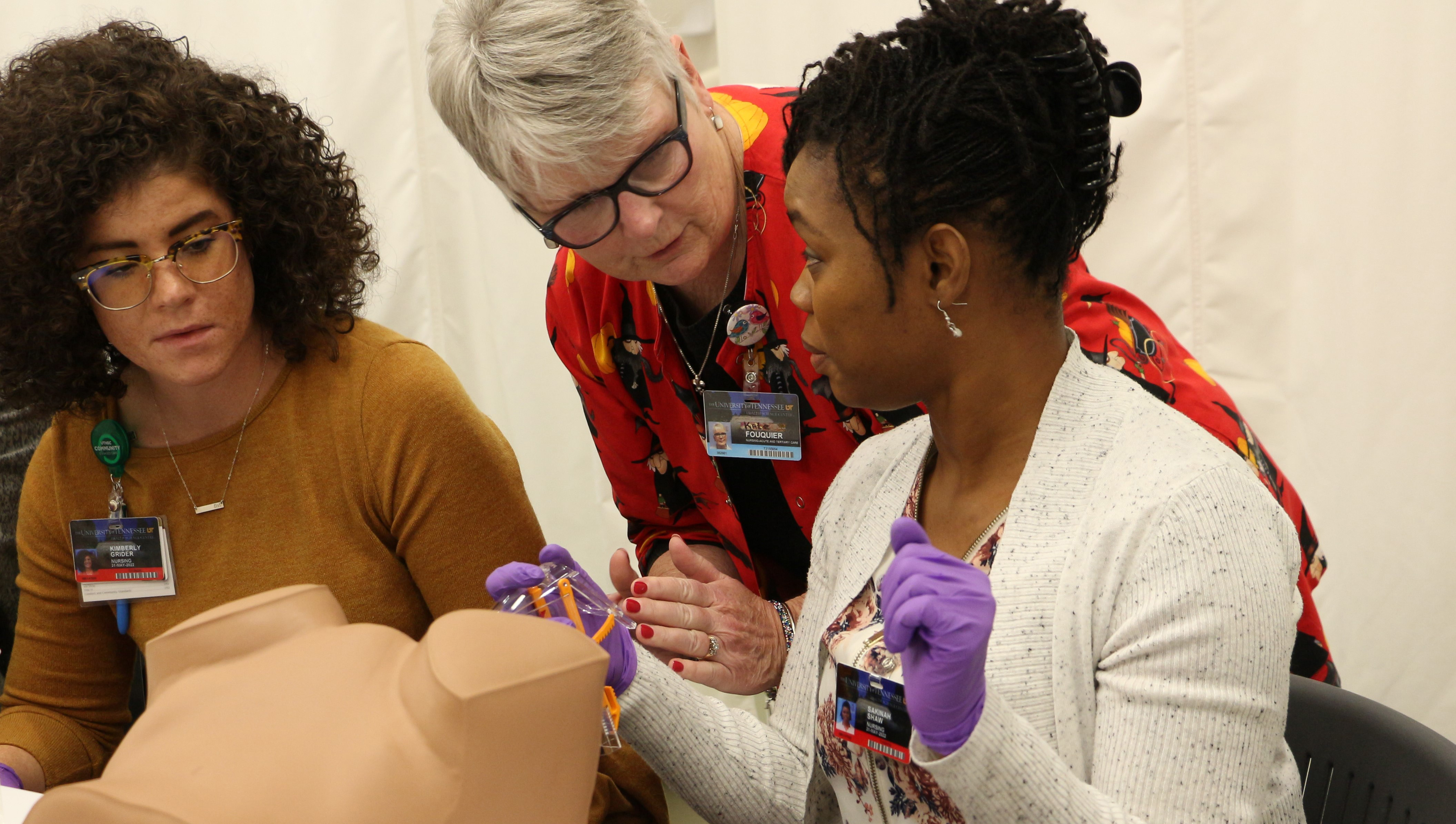DOI
10.21007/con.dnp.2024.0076
Faculty Advisor
Sharon Little, DNP, FNP-BC
Subject Matter Expert
Jacqueline Sharp, DNP, PMHNP-BC
Document Type
Poster
Publication Date
Spring 4-12-2024
Disciplines
Community Health | Health and Medical Administration | Investigative Techniques | Medicine and Health Sciences | Mental and Social Health | Nursing | Nursing Administration | Other Mental and Social Health | Other Psychiatry and Psychology | Psychiatric and Mental Health Nursing | Public Health and Community Nursing | Quality Improvement
Abstract
Purpose/Background
The 988 Suicide & Crisis Lifeline is a mental health-specific emergency line that became nationally available in July of 2022. This resource allows callers in crisis to connect with trained mental health professionals. Despite the initiation of this new dispatching service, there is still a significant shortage of trained mental health professionals to respond to these calls when they require emergency intervention. The present scoping review aims to determine whether non-police crisis responses correlate to improved outcomes when compared to police response as evidenced by reduced inpatient admissions, reduced arrests, and decreased presence of intrusive traumatic symptoms following intervention.
Methods
CINAHL and PubMed were searched using the University of Tennessee Health Science Center (UTHSC) library from September 2022 until November 2023. These search terms yielded 377 articles. Of those articles, only 335 were published in English, 200 were published after 2013, 198 had full-text publications available, and 21 were either a review or systematic review rather than an article or abstract. The remaining 21 articles were assessed using a Rapid Critical Appraisal tool. Ten articles remained after critical appraisal; the results of these articles were charted within the scoping review.
Results
This scoping review compared police versus non-police response to crisis calls. The synthesized results were obtained by critically appraising ten articles. This scoping review indicates that non-police response may result in the following improved patient outcomes: a decrease in involuntary hospital admission, arrest, and violence between the crisis caller and police. However, the shortage of quality experimental evidence limits the power of this indication.
Implications for Nursing Practice
The results of this scoping review indicate that non-police response to 988 calls may result in better patient outcomes. Due to this topic's recency, nurses should advocate for more quality research to provide patients with the best possible evidence-based crisis response.
Recommended Citation
Maloney-Mattheisen, Miriam A. BSN, RN; Blakemore, Latrina N. MSN, FNP-BC; Scullark, Janelle M. MSN, FNP-C; Sharp, Jacqueline DNP, PMHNP-BC; Little, Sharon DNP, FNP-BC; and Harvey, Margaret PhD, APRN, ACNP-BC, CHFN , "Police Versus Non-Police Response to 988 Crisis Calls" (2024). Doctor of Nursing Practice Projects. Paper 76. http://dx.doi.org/10.21007/con.dnp.2024.0076.
https://dc.uthsc.edu/dnp/76
Included in
Community Health Commons, Investigative Techniques Commons, Nursing Administration Commons, Other Mental and Social Health Commons, Other Psychiatry and Psychology Commons, Psychiatric and Mental Health Nursing Commons, Public Health and Community Nursing Commons, Quality Improvement Commons


